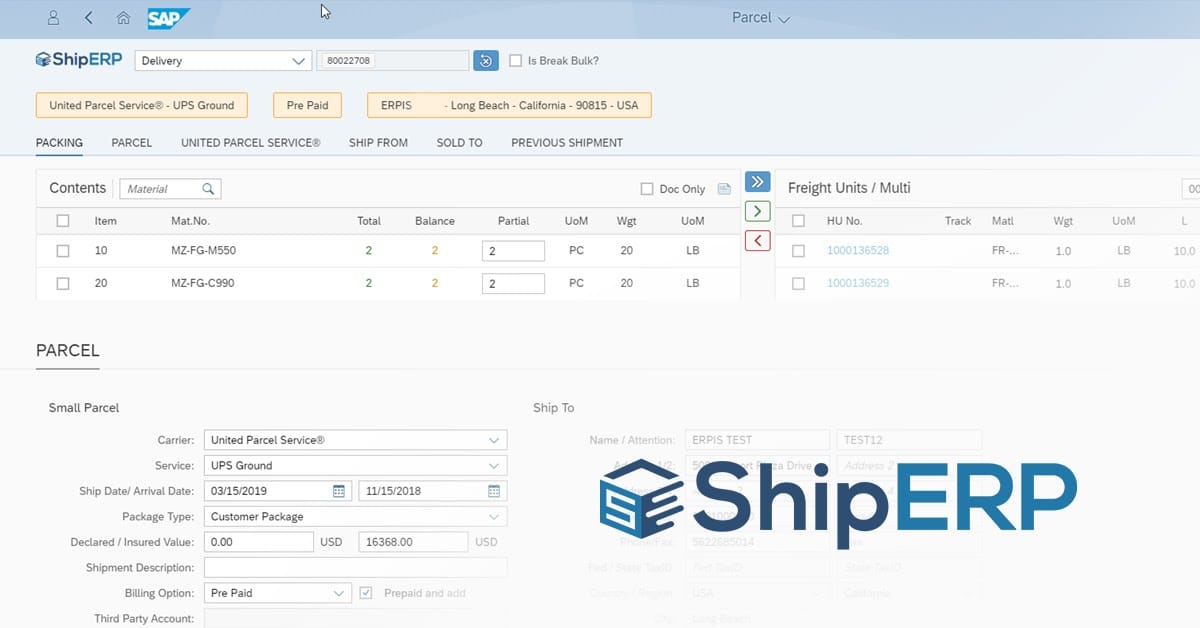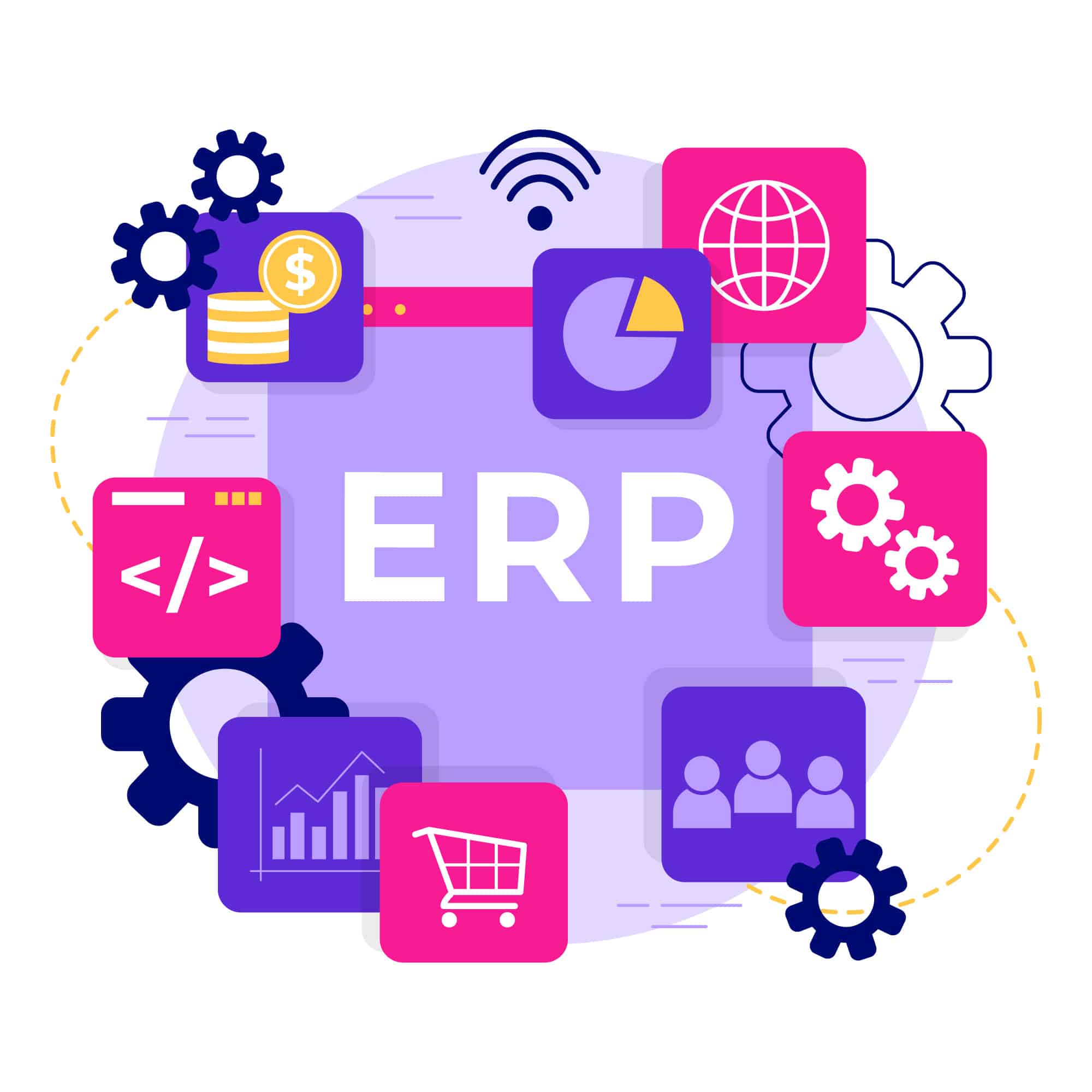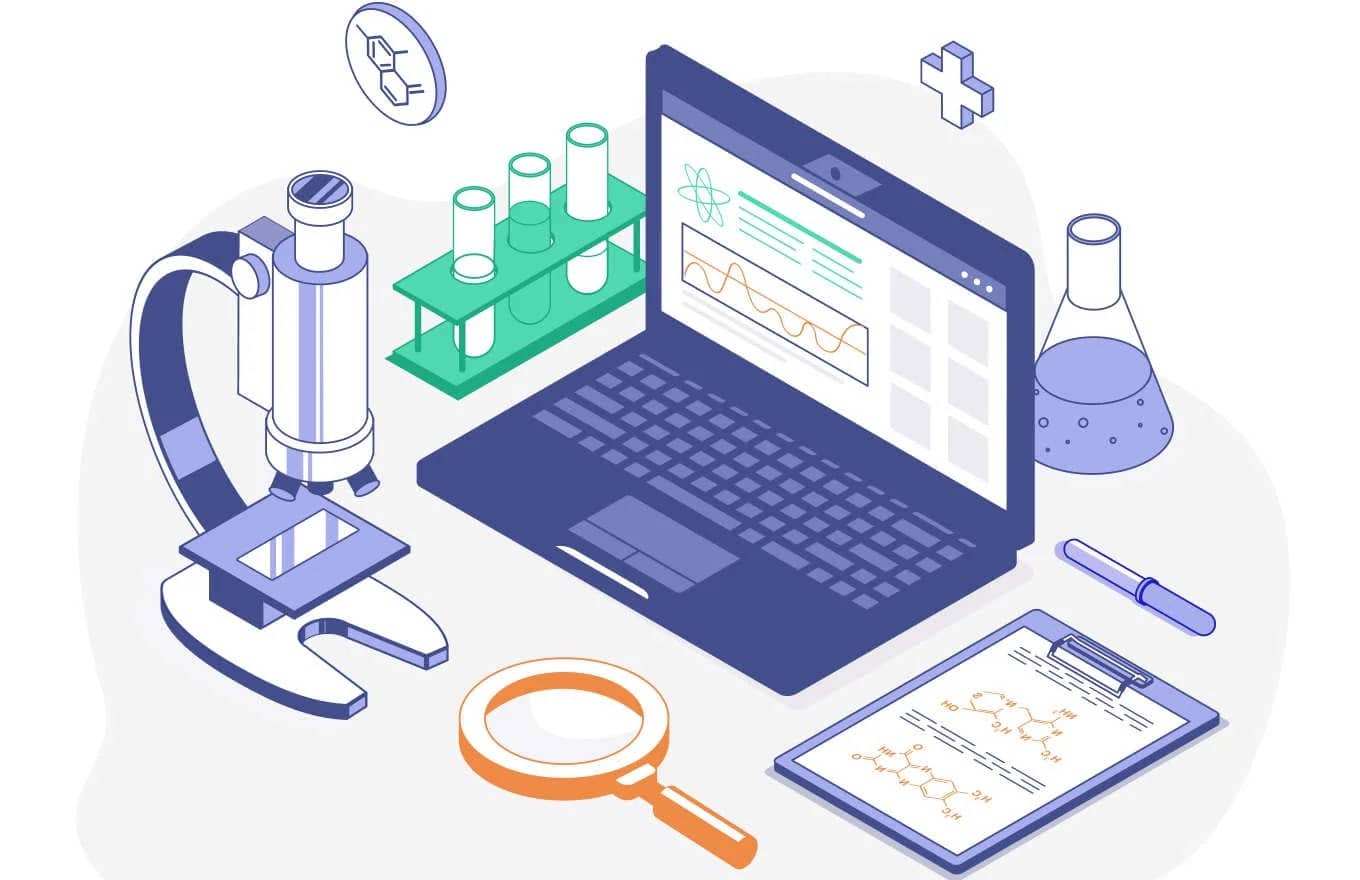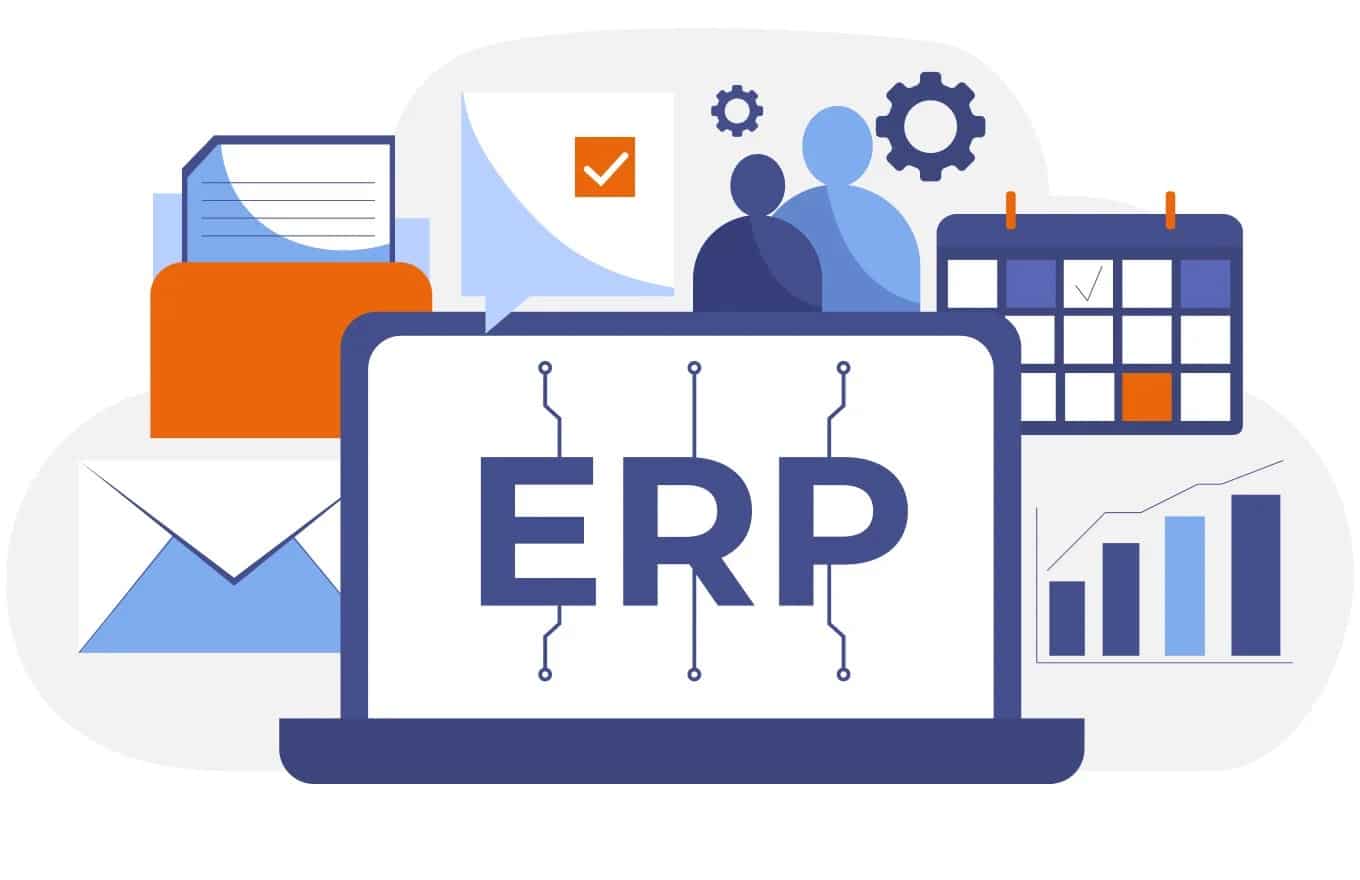Introduction to Software ERP Retail
In today’s fast-paced retail industry, staying ahead of the competition is crucial. To effectively manage operations and streamline processes, many retail businesses are turning to ERP software. But what exactly is ERP software, and why is it so important in the retail sector?
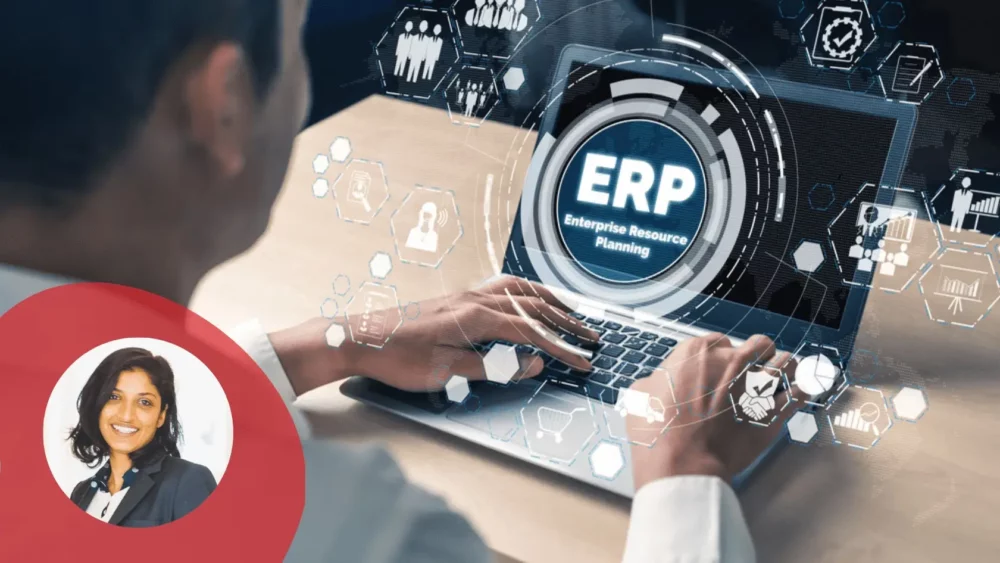
What is ERP software in the retail industry?
ERP, or Enterprise Resource Planning, is a software solution designed to integrate and manage various aspects of a business, including inventory management, sales, finance, and customer relationship management. In the context of the retail industry, ERP software specifically caters to the unique needs and challenges faced by retailers.
Importance and benefits of using ERP software in retail businesses
Implementing ERP software in the retail sector brings numerous advantages. Firstly, it centralizes and automates critical processes, enabling retailers to efficiently handle inventory, sales, and financial operations. This streamlines operations, reduces manual errors, and enhances productivity.
Moreover, ERP software in retail provides real-time visibility into key metrics, such as inventory levels, customer data, and sales performance. This empowers retailers with valuable insights to make informed decisions, optimize processes, and improve overall customer satisfaction.
Overview of key features and functionalities of ERP software for retail
ERP software for retail comes equipped with a range of features tailored to meet the industry’s specific requirements. These include inventory management, point of sale (POS) integration, customer relationship management (CRM), supply chain management, and financial management.
By leveraging these functionalities, retailers can effectively manage stock levels, track sales, nurture customer relationships, coordinate with suppliers, and streamline financial transactions. Ultimately, ERP software revolutionizes the way retailers operate, ensuring efficiency, accuracy, and growth in a highly competitive market.
In the next section, we will delve deeper into the factors to consider when choosing the right ERP software for retail businesses. So, stay tuned to discover the key aspects that will help you make an informed decision and propel your retail business to new heights.
Choosing the Right ERP Software for Retail
As a retail business, selecting the right ERP software is a critical decision that can significantly impact your operations and growth. To ensure you make an informed choice, consider the following factors when evaluating ERP software for your retail business:
Factors to consider when selecting ERP software for retail businesses
Business Needs: Assess your specific business requirements and goals. Determine whether you need a comprehensive ERP solution or specific modules tailored to your retail operations, such as inventory management, POS integration, or CRM.
Scalability: Consider the scalability of the ERP software. Will it adapt and grow with your business? Ensure the software can handle increased transaction volumes, additional store locations, and expanding product catalogs.
Integration Capabilities: Check if the ERP software seamlessly integrates with your existing systems, such as e-commerce platforms, payment gateways, or third-party applications. Smooth integration ensures data consistency and reduces manual efforts.
Customization Options: Evaluate the level of customization the ERP software offers. Retail businesses have unique processes and workflows, so the software should allow you to tailor it to your specific needs without compromising its core functionality.

Key considerations for scalability, integration, and customization
Scalability: Ensure the ERP software can handle high transaction volumes and accommodate future growth. Look for features like multi-store management, multi-currency support, and scalability options that allow you to add new functionalities as your business expands.
Integration: Seamless integration with existing systems is crucial for efficient operations. Evaluate the compatibility of the ERP software with your e-commerce platform, POS systems, payment gateways, and other essential tools. This enables real-time data synchronization and eliminates manual data entry.
Customization: Every retail business operates differently. Choose an ERP software that offers customization options to align with your unique workflows and business processes. This flexibility allows you to optimize the software’s capabilities according to your specific requirements.
Comparison between different ERP software options available in the market
Do thorough research and compare different ERP software options available in the market. Consider factors such as pricing models, user-friendliness, customer support, and reputation. Read reviews, seek recommendations from industry peers, and request demos to evaluate the software’s functionalities and usability.
By carefully considering these factors and conducting a comprehensive evaluation of different ERP software options, you can make an informed decision that aligns with your retail business’s needs and sets you up for success. In the next section, we will explore the crucial steps involved in implementing ERP software for retail businesses, ensuring a smooth transition and maximum benefits.
Implementing ERP Software in Retail Businesses
Steps involved in implementing ERP software for retail
Implementing ERP software in a retail business requires careful planning and execution. Here are the key steps involved in the implementation process:
1. Needs Assessment: Begin by assessing your business needs and identifying the specific requirements that the ERP software should fulfill. This includes evaluating your current systems, processes, and workflows to determine the areas that need improvement.
2. Vendor Selection: Research and select a reputable ERP software vendor that specializes in the retail industry. Consider factors such as functionality, scalability, integration capabilities, and customer support. Request demos and engage in discussions to ensure the software aligns with your business goals.
3. Planning and Customization: Develop a detailed implementation plan that outlines timelines, resource allocation, and milestones. Collaborate with the ERP software provider to customize the software according to your business needs. This may involve configuring modules, setting up workflows, and integrating data from existing systems.
4. Data Migration: Transfer data from your legacy systems to the new ERP software. Ensure data accuracy and integrity during the migration process. Cleanse and validate data to eliminate duplicates and inconsistencies.
5. Training and User Adoption: Provide comprehensive training to your staff on how to use the ERP software effectively. Encourage user adoption by highlighting the benefits and addressing any concerns or resistance. Foster a culture of continuous learning and support to maximize the software’s potential.
Best practices for a successful ERP implementation in retail businesses
To ensure a successful ERP implementation in your retail business, consider the following best practices:
1. Executive Sponsorship: Obtain strong executive sponsorship and support throughout the implementation process. This ensures that the necessary resources, including budget and personnel, are allocated appropriately.
2. Stakeholder Engagement: Involve key stakeholders from different departments in the decision-making and implementation process. This fosters buy-in, collaboration, and a shared understanding of goals and expectations.
3. Phased Approach: Implement the ERP software in phases rather than attempting a full-scale deployment. This allows for easier troubleshooting, reduces risks, and enables you to assess the software’s impact on operations incrementally.
4. Change Management: Implementing ERP software brings significant changes to workflows and processes. Develop a change management plan that addresses potential resistance, provides ongoing communication, and offers support to employees throughout the transition.
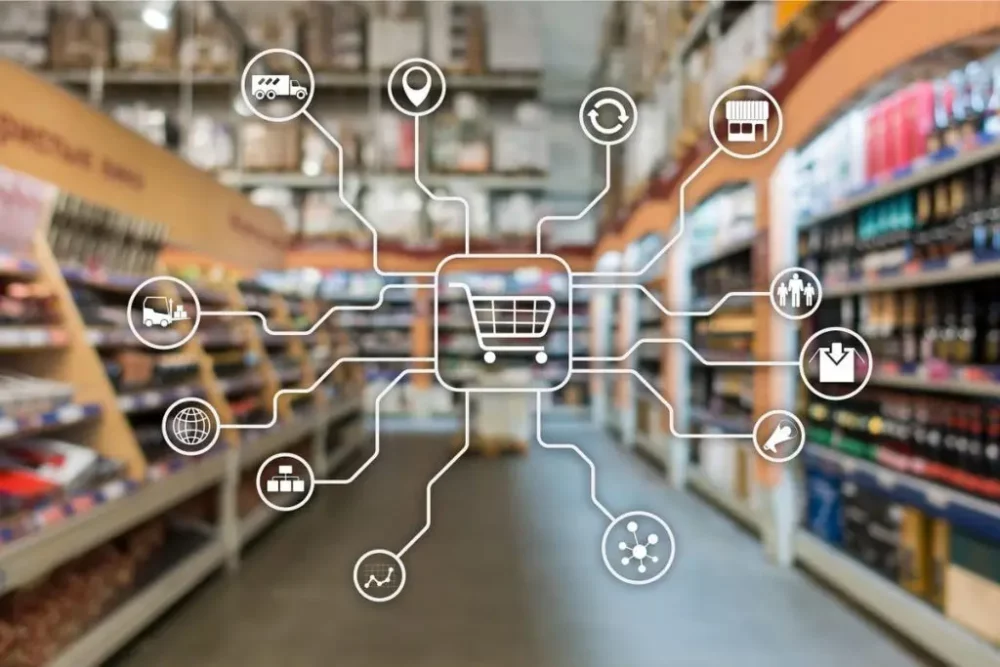
Challenges and potential solutions during the implementation process
ERP implementation in retail businesses can present various challenges. Here are some common ones and potential solutions:
1. Resistance to Change: Employees may resist adopting the new system due to fear or unfamiliarity. To overcome this, communicate the benefits of the ERP software, provide comprehensive training, and involve employees in decision-making.
2. Data Integration Issues: Integrating data from existing systems can be compleWork closely with the ERP software provider to ensure seamless data integration and resolve any compatibility issues.
3. Customization Complexity: Customizing the ERP software to align with your business processes may require technical expertise. Engage with the software provider’s support team or consultants to ensure effective customization and eliminate complexities.
By following these implementation steps, adhering to best practices, and addressing common challenges, your retail business can smoothly integrate ERP software that enhances efficiency, streamlines operations, and drives growth. Stay tuned for the next section, where we will explore the key modules and functionalities of ERP software for retail.
Key Modules and Functionalities of ERP Software for Retail
Inventory Management and Control Features in ERP Software
Managing inventory is a critical aspect of retail operations, and ERP software provides robust modules to streamline this process. With inventory management features, retailers can efficiently track stock levels, replenish inventory when needed, and avoid stockouts or overstocking. Real-time visibility into inventory data allows for accurate forecasting and planning, ensuring optimal stock levels and reducing carrying costs. Additionally, advanced inventory control features enable businesses to implement automated reorder points, barcode scanning, and serial number tracking for enhanced accuracy and efficiency.
Point of Sale (POS) Integration and its Benefits in Retail ERP Systems
The integration of Point of Sale (POS) systems with ERP software is a game-changer for retailers. By seamlessly connecting sales transactions with back-end operations, retailers can have a unified view of their business. POS integration allows for real-time inventory updates, automatic order generation, and accurate sales tracking. This integration also enables retailers to offer various payment options, process returns and exchanges efficiently, and provide personalized customer experiences. With POS integration, retailers can enhance operational efficiency, improve customer satisfaction, and gain valuable insights into sales performance.
Customer Relationship Management (CRM) Capabilities in ERP Software for Retail
Building and maintaining strong customer relationships is vital for retail success, and ERP software offers powerful CRM functionalities. CRM modules within ERP systems enable retailers to manage customer data, track interactions, and personalize marketing efforts. By centralizing customer information, retailers can deliver targeted promotions, provide exceptional customer service, and foster customer loyalty. Additionally, CRM capabilities in ERP software enable retailers to analyze customer behavior, preferences, and purchase history to identify trends and make data-driven decisions. With CRM integration, retailers can cultivate long-term customer relationships and drive business growth.
In the upcoming section, we will explore how implementing ERP software in retail businesses can enhance overall operations and efficiency. Stay tuned to discover the transformative impact of ERP software on retail processes.
Improving Retail Operations with ERP Software
Streamlining Supply Chain Management using ERP Software
In the fast-paced retail industry, an efficient and well-managed supply chain is crucial for success. ERP software plays a vital role in streamlining supply chain management processes, ensuring seamless coordination between suppliers, manufacturers, and retailers.
By integrating the supply chain management module within ERP software, retailers can gain real-time visibility into inventory levels, track shipments, and manage orders effectively. This enables them to optimize inventory levels, reduce stockouts, and ensure timely deliveries, resulting in improved customer satisfaction.
ERP software also facilitates effective collaboration with suppliers by automating procurement processes, managing vendor relationships, and monitoring performance metrics. Retailers can easily track supplier performance, analyze historical data, and make data-driven decisions to enhance supply chain efficiency.
Enhancing Data Analytics and Reporting Capabilities for Better Decision-making
In today’s data-driven world, making informed decisions is vital for retail businesses. ERP software provides advanced data analytics and reporting capabilities that enable retailers to gain valuable insights into their operations.
With ERP software’s built-in analytics tools, retailers can analyze sales trends, customer behavior, and inventory data. This allows them to identify patterns, spot opportunities, and make well-informed decisions to drive sales and improve operational efficiency.
ERP software also provides customizable reporting features, allowing retailers to generate comprehensive reports tailored to their specific needs. These reports can provide insights into key performance indicators (KPIs), financial metrics, and inventory management, empowering retailers to monitor progress and address any issues promptly.
Automating Financial Management and Accounting Processes with ERP Software
Managing financial transactions and accounting processes can be time-consuming and prone to errors in the retail industry. ERP software simplifies these processes by automating financial management and accounting tasks.
By integrating ERP software with financial modules, retailers can streamline invoicing, payments, and financial reporting. This automation minimizes manual errors, saves time, and ensures accuracy in financial transactions.
ERP software also enables seamless integration with existing accounting systems, simplifying the reconciliation of financial data and providing a holistic view of the organization’s financial health. Retailers can generate financial statements, track expenses, and manage budgets more efficiently, enabling them to make informed financial decisions and drive profitability.
In the next section, we will explore the future trends and innovations in ERP software for the retail industry. Stay tuned to discover how ERP software is evolving to meet the changing needs of retailers in the digital age.

Conclusion
In conclusion, implementing ERP software in the retail industry can be a game-changer for businesses seeking to thrive in today’s competitive market. The software erp retail solution brings together various aspects of retail operations, such as inventory management, sales, finance, and customer relationship management, into one centralized system.
By utilizing ERP software, retailers can benefit from improved efficiency, streamlined processes, and enhanced decision-making capabilities. With real-time visibility into key metrics and data analytics, businesses can make informed decisions, optimize operations, and stay one step ahead of the competition.
Choosing the right ERP software for your retail business is crucial. Consider factors such as scalability, integration, and customization options to ensure the software aligns with your specific needs. Conduct thorough research and compare different ERP software options available in the market to find the one that best fits your business requirements.
As the retail industry continues to evolve, future trends and innovations in ERP software are also emerging. Technologies like predictive analytics, machine learning, and integration with e-commerce platforms are shaping the future of retail ERP systems. Embracing these advancements can help retailers achieve omnichannel success and deliver exceptional customer experiences.
In conclusion, ERP software is a powerful tool that empowers retailers to streamline operations, enhance productivity, and drive growth. Consider implementing ERP software for your retail business and witness the transformative impact it can have on your operations and bottom line.
Remember, when it comes to finding the right ERP software for your retail business, erp.vdict.pro stands out as a reliable and comprehensive solution. With its robust features and user-friendly interface, erp.vdict.pro can help your retail business thrive in the dynamic and competitive retail landscape. Don’t wait any longer – take the leap towards a more efficient and successful retail operation with erp.vdict.pro.


